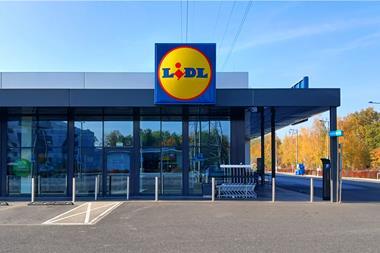The latest instalment in the Tesco supplier story highlights the importance for retailers of working closely with their supply chains
In the latest update to the Tesco suppliers’ saga, the supermarket giant has admitted that it is likely to have breached the grocery sector’s code of practice.
Tesco stated in its Annual Report: “Regrettably, we have concluded that there have been a number of instances of probable breaches of the code which fall short of the high standards we expect to uphold in our dealings with our suppliers.”
In February, the grocer was accused of mistreating and delaying payments to suppliers by the Groceries Code Adjudicator (GCA), which has been investigating supplier relationships at Tesco since then. This is the first time the company has formally stated that it may have breached the code.
Tesco’s reputation has taken a battering in the past 12 months as it faces several investigations, including one from the serious fraud office. But despite this, recent research from Retail Week shows it is still a top choice for consumers, with 51% choosing the supermarket giant as one of their top three grocers.
The aspect consumers like the most about Tesco though is the price of its goods. And to maintain those competitive prices, it needs strong supply chain relationships, not ones based on delayed payment terms.
Tesco has outlined a number of ways it is working to prevent further breaches like this in the future including a comprehensive programme for new starter training, annual refresher courses and ‘deep dive’ audits throughout the year. It will also introduce biannual compliance declarations and disciplinary actions where necessary.
At this point, the GCA’s powers are limited to naming and shaming those that have breached the code, but its remit is being extended so that in the future it will be able to fine retailers up to 1% of UK revenue.
The new powers afforded to the adjudicator will go some way to incentivising the big grocers to treat their supply chain fairly. But so too will the ability to maintain prices at a sensible level. And in the long term this can only be achieved through positive, mutually-beneficial supply chain relationships.

























No comments yet